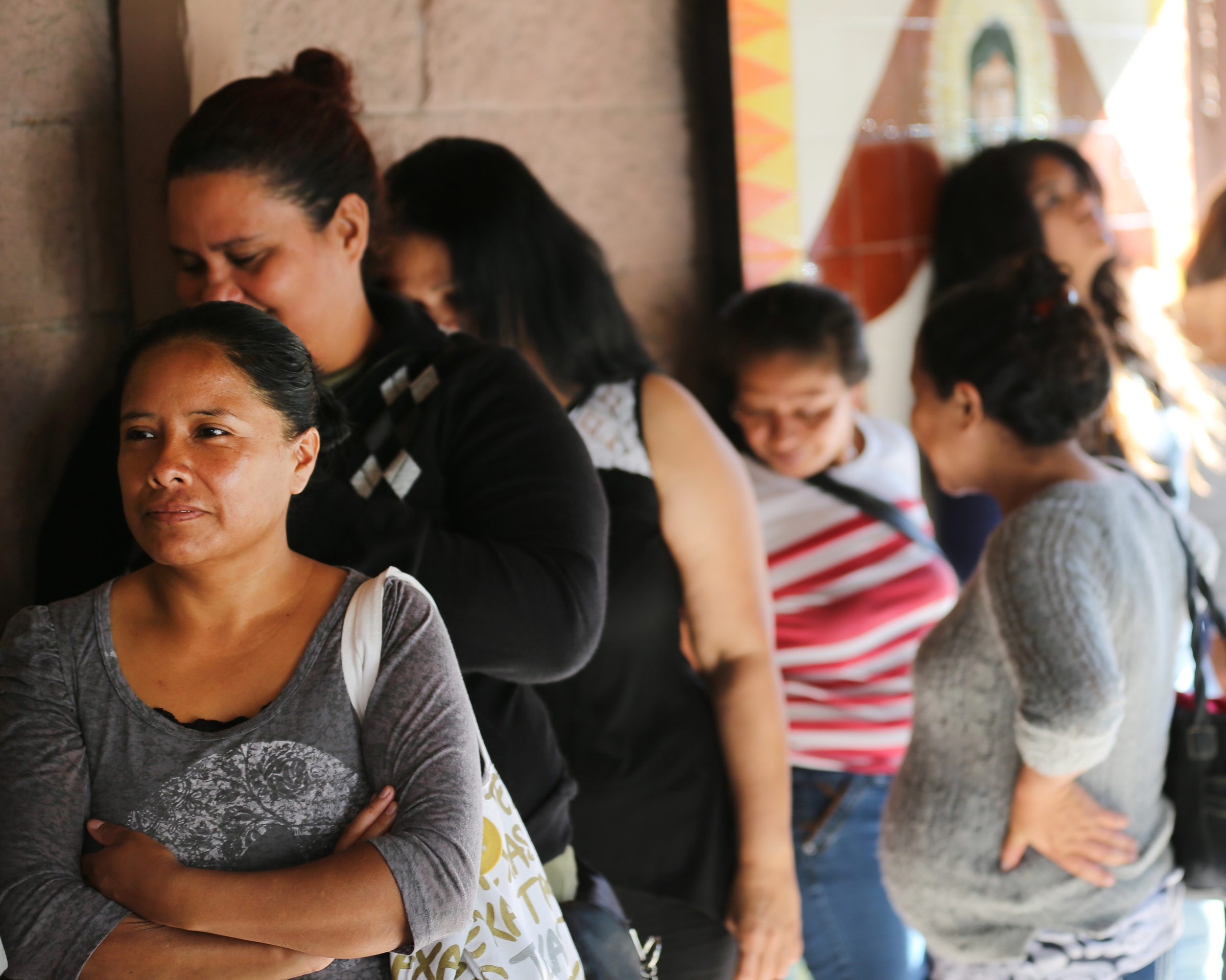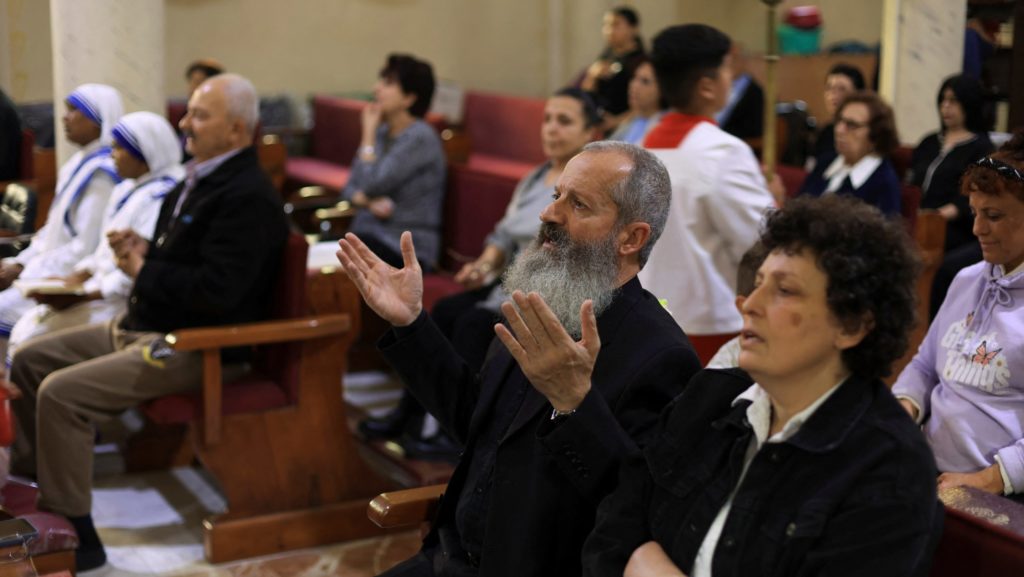From the death of Pope Pius XII to the passing of Pope Francis, I’ve now lived to see the death of seven popes.
Who could not mourn Francis? He will be remembered as the “Pope of Mercy,” and mercy is not a bad thing to be remembered for: St. Thomas Aquinas teaches that mercy is the first expression of God’s power, and adds that mercy is the finest virtue that we can show to one another.
But what does it mean to show mercy to others? Francis showed the world.
He often spoke of walking with those who would otherwise be alone, of encountering others, of dialoguing with them. What do we have to offer? We can offer what our mother the Church teaches us. The whole of her teaching is sacred doctrine.
Francis sought simplicity in his funeral plans, and the image of his wood casket in St. Peter’s Square captured that simplicity. No doubt he knew of the funeral ritual of Austria’s Hapsburg dynasty, in which mourners would arrive at the gates of the Capuchin Church where the burial crypt lies. The herald would knock on the door. A Capuchin would answer, asking, “Who demands entry?” The herald gives the name and title of the deceased. The Capuchin responds, “We don’t know him.” The procedure is repeated. Only on a third attempt, when the herald answers “a sinful, mortal human being,” do the gates open.
The magnificence of any Christian funeral, the royals understood, begins with a testimony to a humility. While protocol dictates that we are to speak only the good about the dead (“de mortuis nil nisi bonum” in Latin), the Capuchins wisely think otherwise.
So it is that we ought to continue to pray for the pope, as a premature canonization is never in order. Proclaiming a reception in the New Jerusalem only comes after taking stock of how one has lived in the turbulence of the temporal.
There have been many reflections on the legacy of Francis, especially from various ideological perspectives. But any reasoned assessment of Francis’ ministry, I believe, also requires the perspectives from those on the “peripheries.”
We should ask, for example, the Catholic Workers at Casa Juan Diego in Houston, who for decades have shown hospitality to migrants from Central America. Consider, too, the perspectives of the parishioners of Holy Family Church, the lone Catholic parish in Gaza. What about the perspectives of those struggling to save Catholic universities, hospitals, and other institutions from capsizing in a sea of secularity?

Sadly, there are impediments to insightful perspectives and reasoned judgments. Call them “thought blockers.” (As it happens, this term has a clinical use in treating schizophrenia, a condition that often leads to an inability to think or speak clearly.) The thought blockers I have in mind are the terms “conservative” and “liberal,” as well as “right” and “left,” especially when they come with menus that allow for no substitutions. They are journalistic tags of no use in the life of the Church.
A reasoned judgment of Francis will not be a hagiography. I’ve faulted Francis in the past for his silence on China’s persecution of the Uyghurs and his confusing statement on God’s will for Islam. I’ve been troubled about his treatment of the bonds of marriage and the blessing of same-sex couples. I wish he had challenged President Biden’s abortion advocacy as he later did with Kamala Harris. I regret his restriction of the Traditional Latin Mass.
But I’ve first written about how much was right with Francis. He brought new voices to the College of Cardinals. He tirelessly advocated for the poor and underscored the threat of climate change. He insisted that the possession of nuclear weapons is wrong and closed the door on capital punishment. Francis taught that the common good is built on the solidarity of love.
A few weeks before Francis’ death, much was made about his pointed criticism of a certain American politician’s interpretation of the theological principle known as the ordo amoris (rightly ordered love). It traces its roots to St. Augustine, who, living in perilous times, proposed a framework for charity.
“Since one cannot do good to all,” he writes, “we ought to consider those chiefly who by reason of place, time or any other circumstance, by a kind of chance are more closely united to us.” Today, of course, we are all citizens of an electronic world.
So how are we to balance physical closeness and global need? Aquinas later wrote that, “one ought to help those who are most closely connected with us. And if of two, one be more closely connected, and the other in greater want, it is not possible to decide, by any general rule, which of them we ought help,” adding that “the matter requires the judgment of a prudent man.”
Thus, “whatever certain people have in superabundance is due, by natural law, to the purpose of helping the poor.”
Perhaps, then, to carry on the work of Francis we should turn to the perspective of those trapped in Sudanese refugee camps, to the abandoned people that he would have reached out to embrace. Of Francis, always a servant of the servants of God, we can say: “Presente!”

